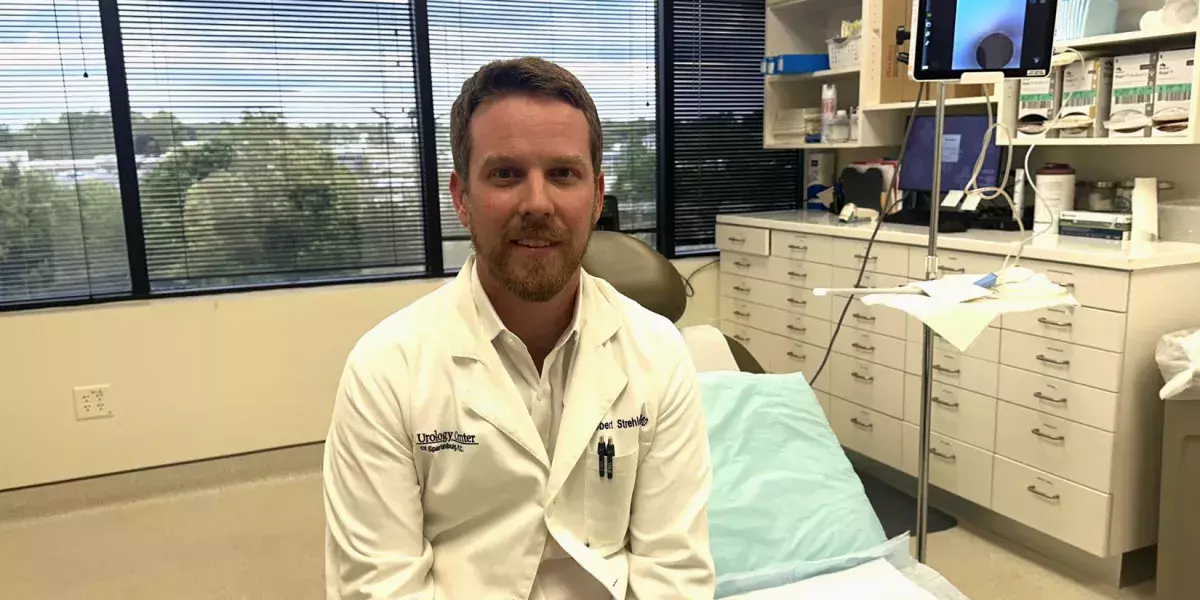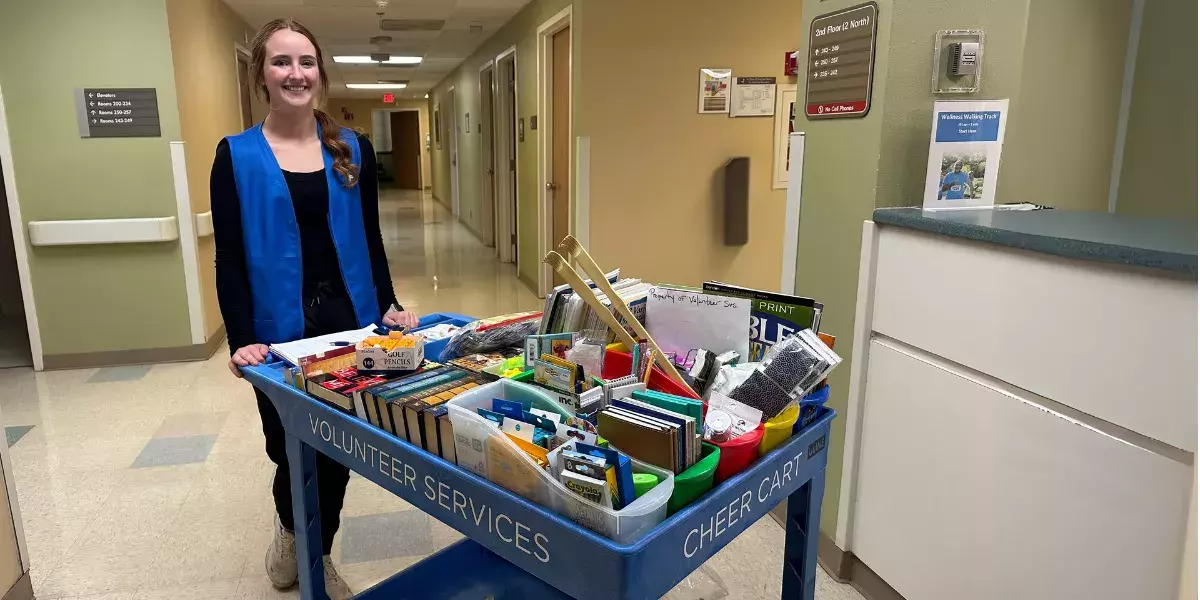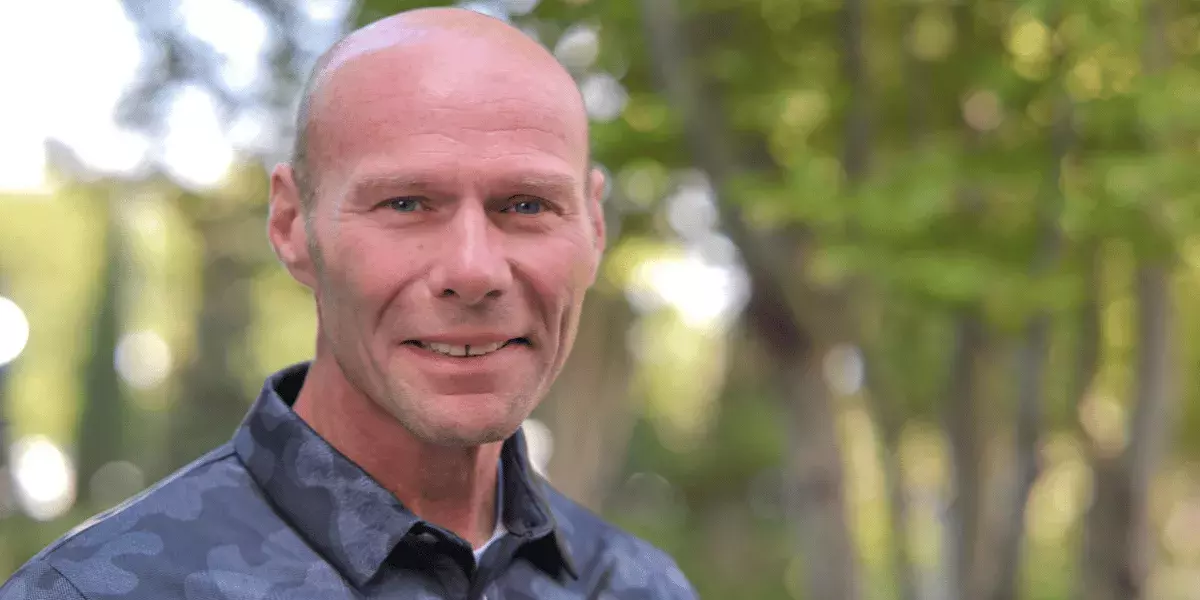
Blood in urine might not always mean bladder cancer, but don’t ignore it
Bladder cancer is the fifth most common cancer overall.
According to the American Cancer Society, bladder cancer is more common in men than women, with about one in 28 men developing this type of cancer during their lifetime.
Most commonly, someone with bladder cancer will develop blood in their urine. This will present itself either visually where someone will notice a red tint in their urine, or microscopically through a urine sample, said Dr. Robert Strehlow, a urologist with Spartanburg Medical Center – Center for Urology – Spartanburg.
This highlights the importance of men and women having a primary care physician and scheduling annual check-ups. A routine urinalysis is oftentimes part of a general physical exam and ordered by the physician.
“UTIs can also be a common cause of blood in your urine so knowing that, if the blood gets better with antibiotics, that’s a reassuring sign it’s not cancer,” Dr. Strehlow said.
Bladder cancers are also fast-growing, so it’s important to address the concern right away when symptoms are detected.
“Early detection is always best,” Dr. Strehlow said.
Different types of bladder cancers can involve different layers of the bladder or muscles around the bladder. Proper imaging and testing are needed to determine which form a patient has to reduce the risk of spreading.
Most treatment is done through surgery and immunotherapy to get the body’s own immune system to attack the cancer cells.
Physicians continue to follow up with patients after treatment on an ongoing basis to provide effective care since bladder cancers have a higher recurrence rate.
Genetics play a role in those with bladder cancer, though the biggest contributor to bladder cancer is smoking. Dr. Strehlow recommends those who smoke to seek out smoking cessation classes and resources to help them quit.
“As people smoke less, we’ll see less bladder cancer,” Dr. Strehlow said.
The SC Tobacco Quitline provides free one-on-one counseling from certified coaches to help people ages 13 and up quit using tobacco. Those interested can call 1-800-QUIT-NOW to enroll.
To find a primary care doctor, visit SpartanburgRegional.com/find-a-doctor.












